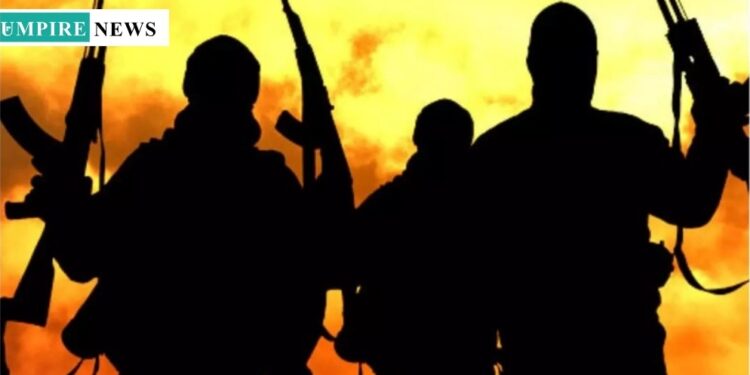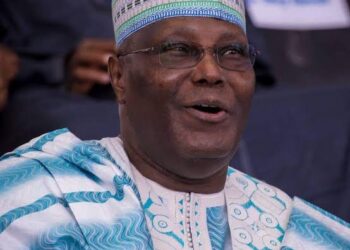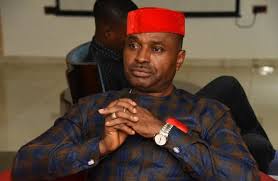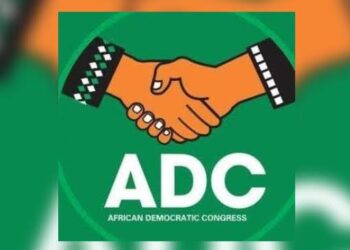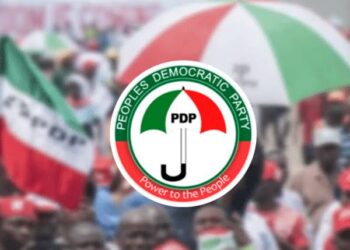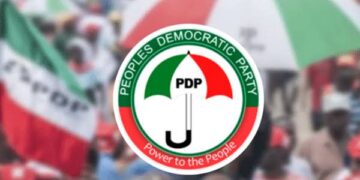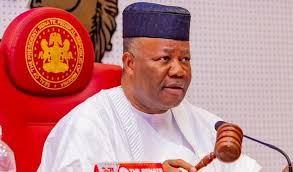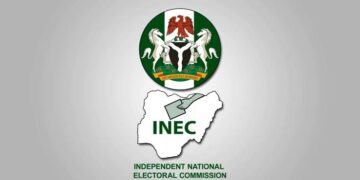A series of devastating attacks has rocked the Bokkos local government area of Plateau State, leaving a trail of death
and destruction in its wake.
The latest incident, which occurred on Wednesday night, saw armed men invade several communities, killing at least
10 people and displacing many more.
The attacks, which began in Mongor and spread to Daffo, Manguna, Hurti, and Tadai communities, have been
described as “marauding terrorist” attacks by Farmasum Fuddang, Chairman of the Bokkos Cultural Development
Council (BCDC). Fuddang praised the swift response of security forces, which helped minimize casualties.
This latest incident comes just six days after a similar attack in the Ruwi community, where 10 people were killed and
three others injured while attending a wake-keep ceremony. The frequency and brutality of these attacks have raised
concerns about the safety and security of communities in Plateau State.
The root causes of these conflicts are complex and multifaceted, involving issues of land ownership, grazing rights,
and ethnic and religious tensions. The conflicts between farmers and herders in Nigeria’s Middle Belt have been
ongoing for decades, with periodic outbreaks of violence.
You may also like: Assault: Ogun Traditional Ruler to Remain in Prison.
In recent years, the conflicts have taken on a more sinister tone, with attacks becoming more frequent and deadly.
The Nigerian government has been criticized for its handling of the crisis, with many accusing the authorities of
failing to address the underlying causes of the conflict.
The humanitarian impact of the conflict is severe, with thousands of people displaced and many more affected by the
violence. The Nigerian Red Cross and other emergency agencies have been called upon to provide relief to the displaced and injured.
The international community has also expressed concern about the conflict, with many organizations calling for
greater action to be taken to address the root causes of the violence. The United Nations, African Union, and
European Union have all condemned the attacks and offered support to the Nigerian government.
In the face of this ongoing violence, it is clear that more needs to be done to address the underlying causes of the
conflict and to provide support to those affected. The Nigerian government must take greater action to address the root causes of the conflict and to provide security and support to communities affected by the violence.


